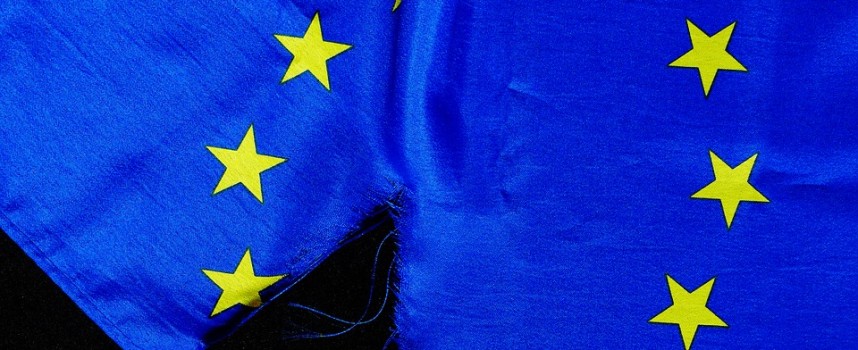Tag "populism"
In recent years, both Republicans and Democrats have experienced a surge of populism—the uprising of ordinary citizens against powerful “elites” who they view as overbearing, self-serving, and out of touch—within their political parties. For that reason, Christianity Today recently asked me if I would create a list of five helpful resources for understanding today’s American [ Read More ]
Last year, I composed a brief survey, asking my website readers to suggest which types of content they are most interested in reading at my website. I gained valuable insights from the survey, foremost of which is the fact that most of my readers want me to provide an evangelical evaluation of emerging social movements [ Read More ]
If economic frustration is the shared experience that catalyzes populist movements, and if questions of identity form the underlying concern, then questions of rule provide the context for why questions about identity are so powerful. In response to the question, “Who should rule?” populism provides a clear answer: “The people.” On the face of it, [ Read More ]
Despite the attention given to economic frustrations, today’s American populism is as much or more about culture and identity. Populist wrath toward corporate and political power-brokers often stems from cultural disorientation, dislocation, and tension. And for some populists, it stems from prejudice toward people who are ethnically or culturally different. Whereas economic frustrations highlight the [ Read More ]
It should be unsurprising that economic considerations play a significant role in today’s American populism. Historically, populist movements world-wide have arisen most frequently as a response to economic frustrations. Consider the “populare” politicians of ancient Rome. As historian Barry Strauss notes, the populares were a series of Roman politicians—such as Tiberius Gracchus, Gaius, Gracchus, Saturninus, [ Read More ]
Populism, as we noted, is not an ideology. Over the past decade, America’s emerging populism has paired itself in various ways with progressivism, conservatism, socialism, and nationalism, and yet it cannot be reduced to any one of these ideologies. Given that the majority of this website’s readers identify as some type of “conservative” on the [ Read More ]
Since the early days of the 2016 election cycle, we have been told that we are in the midst of a “populist” moment. During the primaries, the Beltway brains and establishment candidates of both political parties categorized Donald Trump and Bernie Sanders as populists. This was intended as a slur; “populists” were not people to [ Read More ]
On June 23, the citizens of the U.K. voted, by a margin of 52% to 48%, to leave the European Union. Immediately following the vote, global markets plunged—with the Dow Jones Industrial Average falling by 500 points and the NASDAQ by 600—and international politicians and media scrambling to interpret Brexit and its implications for the U.K. and other nations.
Proponents of “Brexit,” as Britain’s exit has been nicknamed, were elated. Nigel Faragee, head of the U.K. Independence Party, compared Brexit to a new day dawning. Opponents were devastated. Keith Vaz of the Labour Party said, “This is a crushing decision; this is a terrible day for Britain and a terrible day for Europe. In 1,000 years, I would never have believed that the British people would vote for this.”
Although American evangelicals might think Brexit has little or no significance for them, the opposite is true: the U.K.’s decision to exit is something that affects Americans and to which we should pay close attention. Here are three reasons we should care about Brexit:
[ Read More ]








